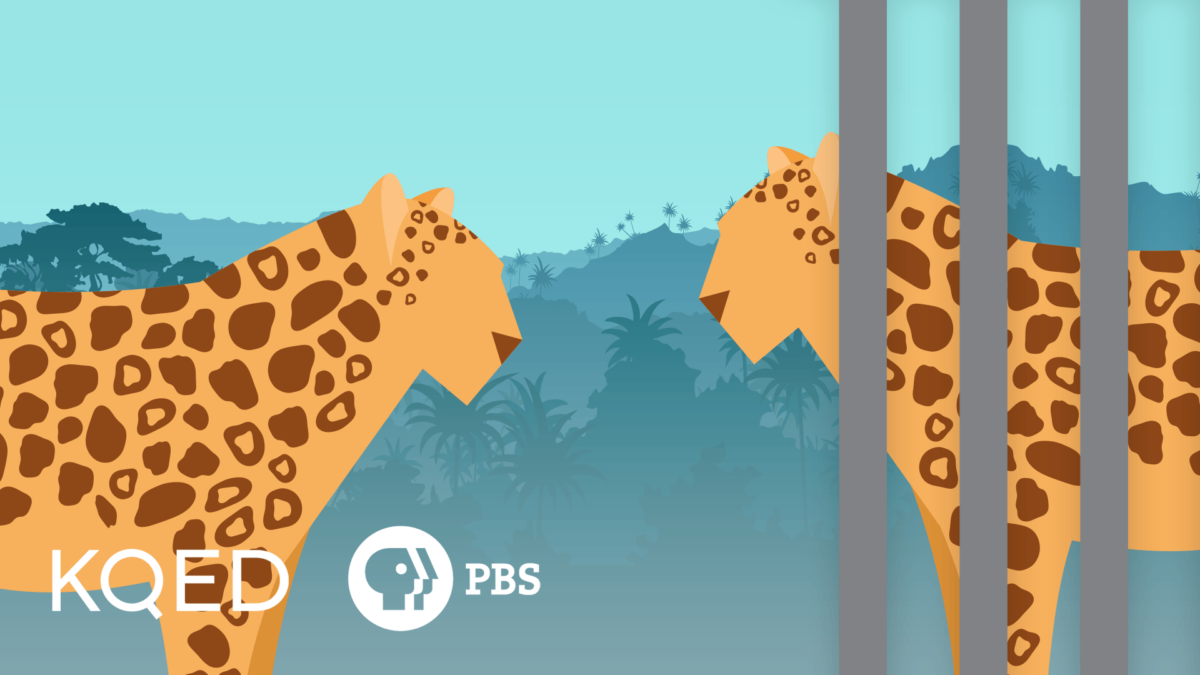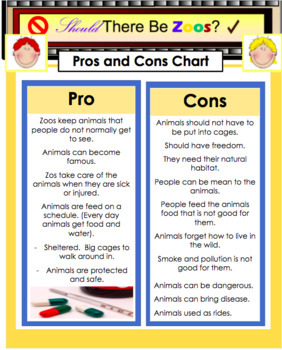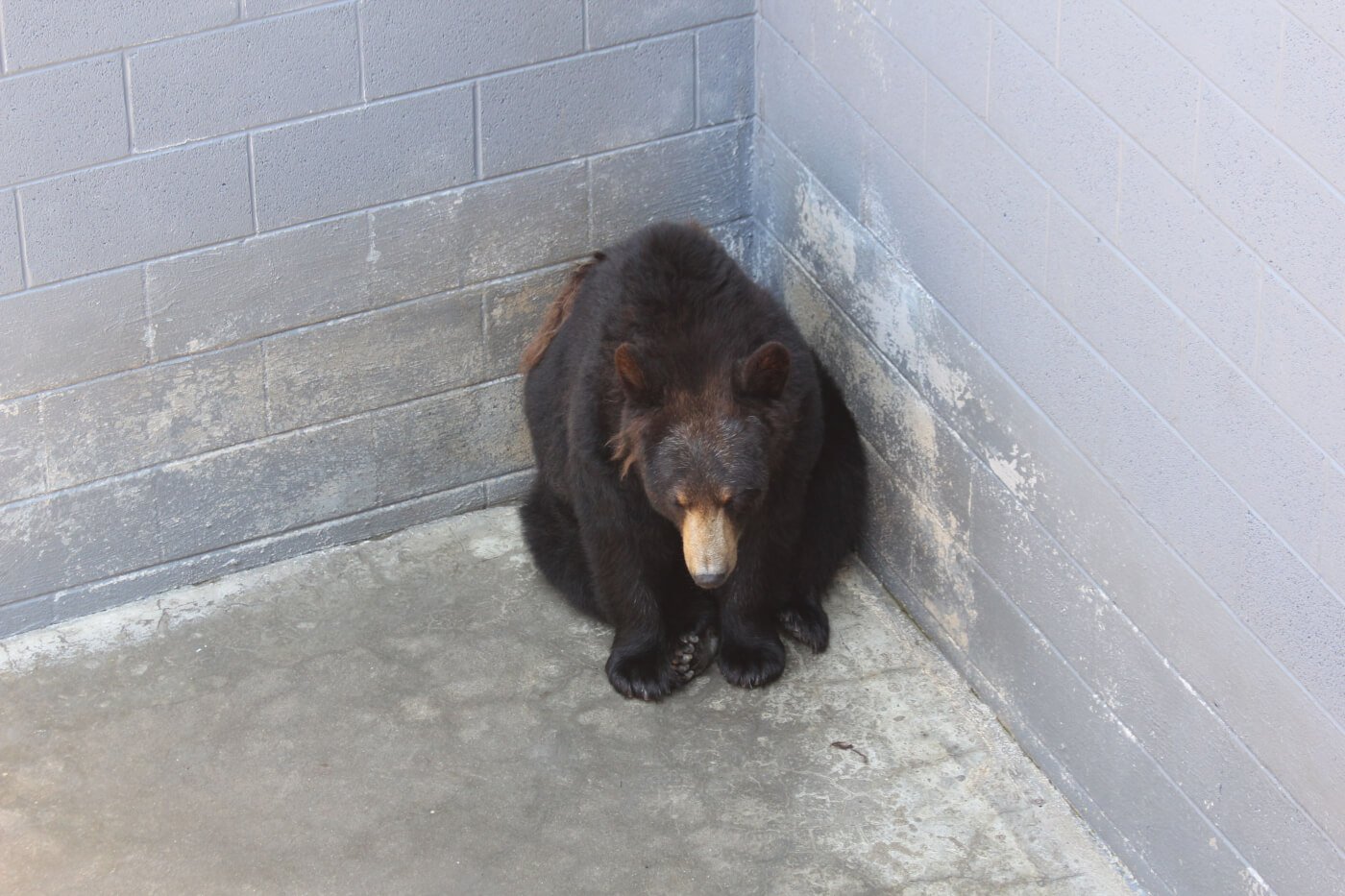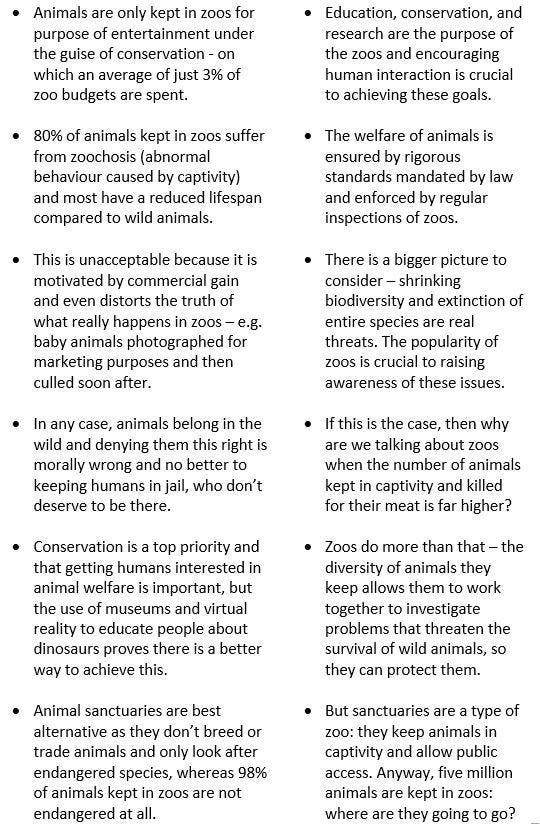There is a longstanding debate about whether or not animals should be kept in zoos. On one hand, zoos can provide a safe and protected environment for animals, especially endangered species, and serve as an educational resource for the public. However, on the other hand, many argue that zoos are unethical and that animals should not be kept in captivity for human entertainment. In this essay, we will explore both sides of the argument to understand the pros and cons of keeping animals in zoos.
One argument in favor of keeping animals in zoos is that they can provide a safe haven for endangered species. Many animals are facing extinction due to habitat loss, poaching, and other human activities. Zoos can provide a secure environment for these animals to thrive and reproduce, helping to prevent their extinction. In addition, zoos can also serve as a place for conservation efforts, where researchers can study and learn more about these animals in order to better protect them in the wild.
Another argument in favor of zoos is that they can be an educational resource for the public. Zoos offer the opportunity for people to learn about and observe animals up close, which can be a valuable and informative experience. Many zoos also have educational programs and exhibits that teach visitors about animal behavior, conservation efforts, and the importance of protecting endangered species. By providing this educational opportunity, zoos can help raise awareness and understanding of the natural world and the importance of preserving it.
However, there are also strong arguments against keeping animals in zoos. One of the main criticisms is that zoos are unethical because they deprive animals of their freedom and natural habitat. Many animals in zoos are confined to small enclosures, which can be stressful and can prevent them from engaging in natural behaviors. Additionally, zoos often rely on artificial environments and feeding regimes, which may not adequately mimic the animals' natural habitats and diet.
Another concern is that zoos are primarily for human entertainment and profit, rather than the welfare of the animals. Many people argue that animals should not be kept in captivity simply for the enjoyment of humans. In addition, some zoos have been criticized for poor conditions, including overcrowding and lack of proper care, which can lead to animal suffering.
In conclusion, the debate over whether or not animals should be kept in zoos is complex and multifaceted. While zoos can provide a safe and protected environment for endangered species and serve as an educational resource for the public, there are also valid concerns about the ethics of keeping animals in captivity and the potential for animal suffering. Ultimately, the decision of whether or not to keep animals in zoos depends on a careful balance of these competing considerations.







